According to The Times of Israel , on January 10, the Israeli Air Force dispatched 20 aircraft to coordinate operations and dropped 50 missiles on three Houthi targets, including the two seaports of Hodeidah and Ras Isa in western Yemen, and the Hezyaz power plant near the capital Sanaa.
The Israeli military said the targeted power plant was the main source of electricity for Houthi operations. After the airstrike, Israel warned that the Houthis and especially the leaders of this armed group would be targeted if they continued to attack Israel. Earlier, on January 9, Israel announced that it had intercepted three unmanned aerial vehicles (UAVs) launched from Yemen.
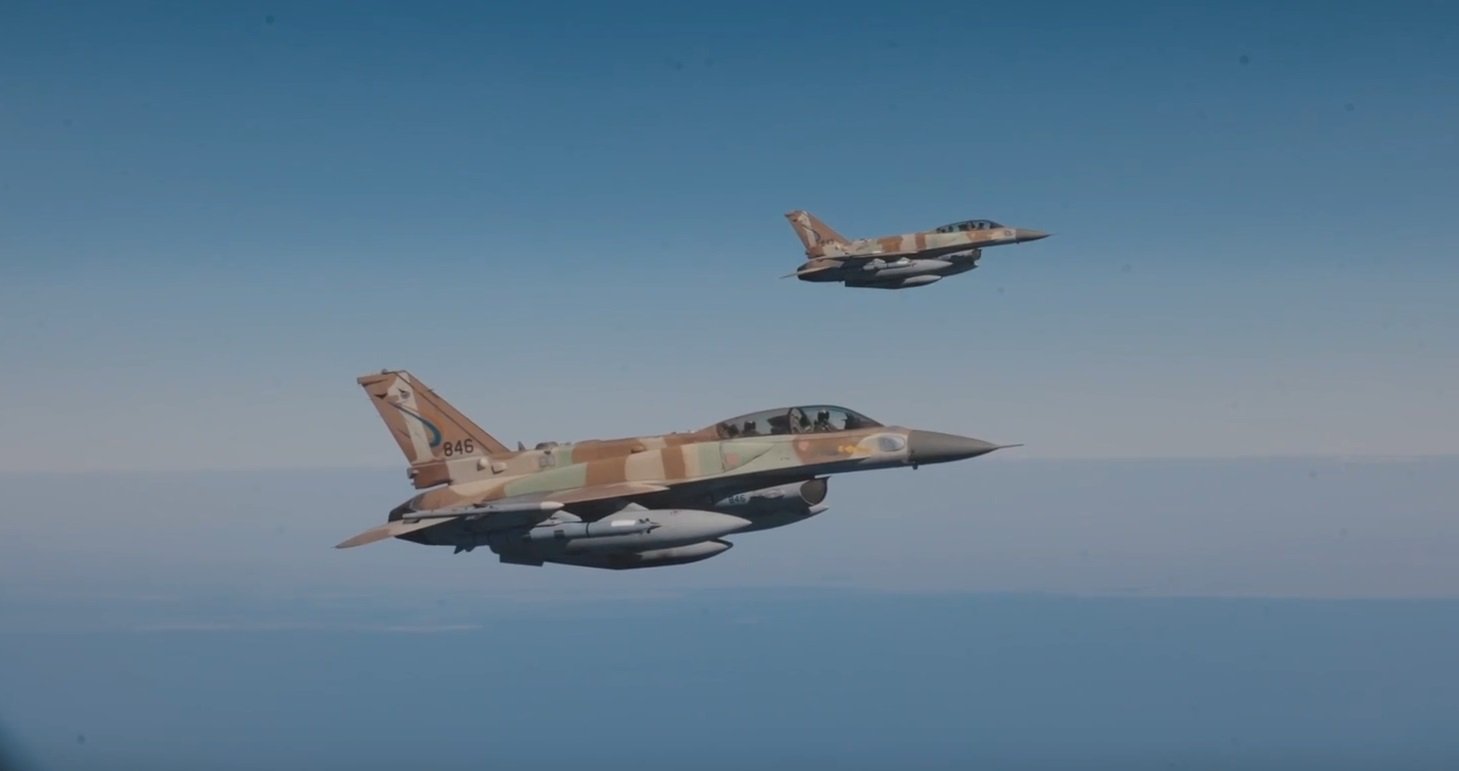
Israeli F-16I fighter jets were deployed in an attack on a target in Yemen on January 10.
PHOTO: ISRAEL DEFENSE FORCES
Following the airstrike, Israeli Prime Minister Benjamin Netanyahu stressed that the Houthis would continue to pay a price if they attacked Israel. “The Houthis pose a danger to Israel and the entire region, including by undermining global freedom of navigation.” Meanwhile, Israeli Defense Minister Israel Katz affirmed that there would be no immunity for the Houthi leaders.
Houthi preemptive attack on US aircraft carrier in Red Sea?
Yemen’s Al-Masirah television reported that the power plant suffered 13 attacks and several nearby buildings were damaged, Hodeidah port was hit six times, while Ras Isa port “received a series of airstrikes.” The Houthis have not commented on the latest Israeli attack. The group previously claimed responsibility for the drone attack on Israel on January 9. The militant group Hamas strongly condemned Israel’s latest attack on Yemen.
The Israeli military said that since the outbreak of hostilities in October 2023, the Houthis have launched about 40 missiles and 320 UAVs towards Israel, with the majority of the missiles and more than 100 UAVs intercepted.
Source: https://thanhnien.vn/israel-tan-cong-yemen-tuyen-bo-se-truy-lung-cac-thu-linh-houthi-185250111101000847.htm






![[Photo] Prime Minister Pham Minh Chinh chairs a meeting on the implementation of the Lao Cai-Hanoi-Hai Phong railway project.](https://vphoto.vietnam.vn/thumb/1200x675/vietnam/resource/IMAGE/2025/5/20/0fa4c9864f63456ebc0eb504c09c7e26)

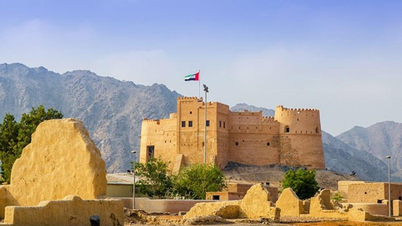




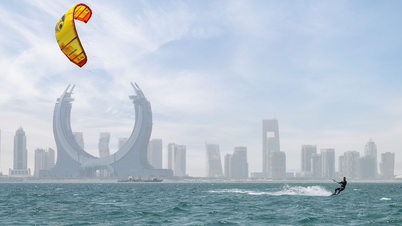
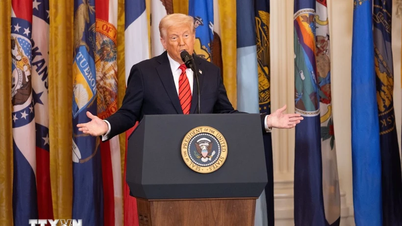

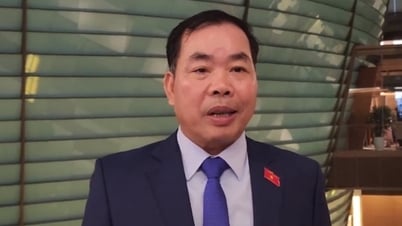



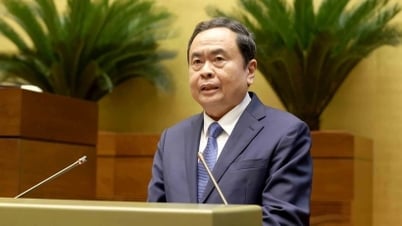
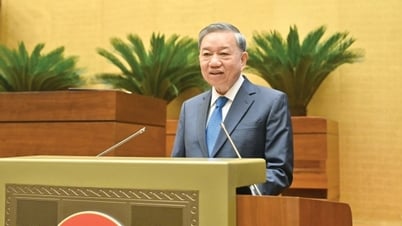






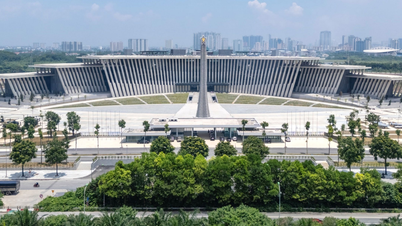


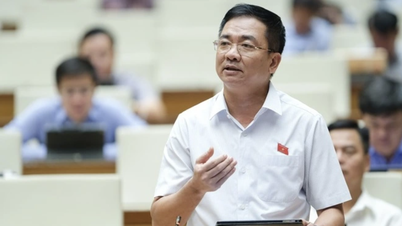


































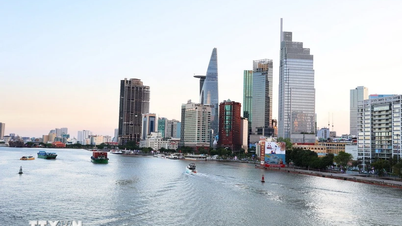









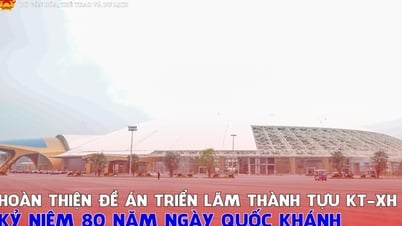
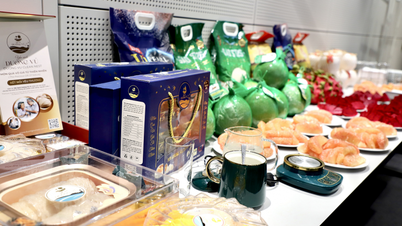








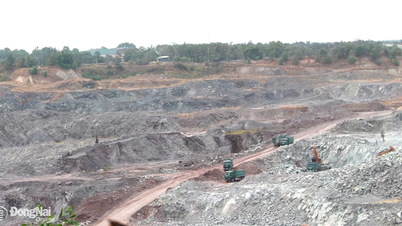












Comment (0)